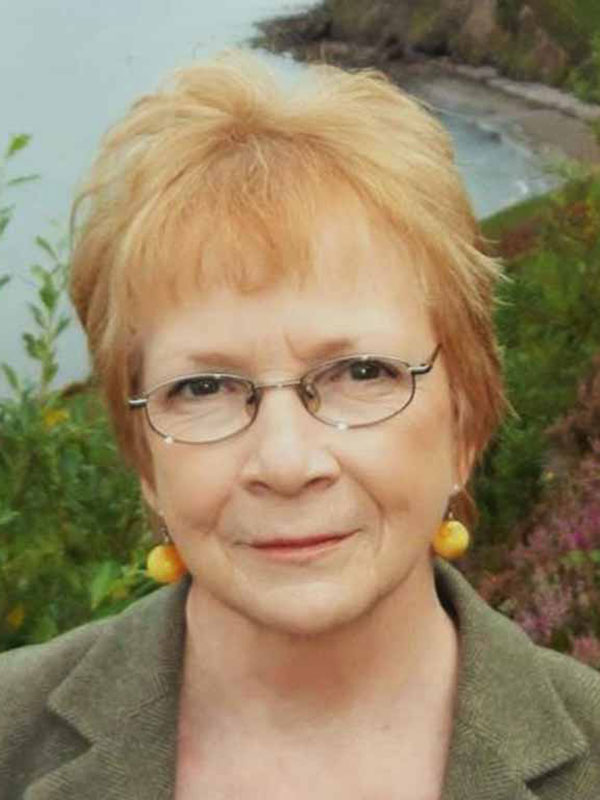Ballet captivated Anya from an early age. Eager to become a dancer, dedication helped her navigate years of arduous, daily commutes after school to ballet classes in San Francisco. And when her flourishing ballet career was cut short by injury, she demonstrated her resilience and imagination. While continuing creative expression through dance, music, poetry and photography, Anya decided to pursue her passion professionally through Anthropology.
Anya’s first experience as an ethnographer was as a Stanford undergraduate in the summer of 1968 when she got a Ford Foundation grant and drove an aging Volkswagon Beetle to Mexico, to study folk and indigenous dance. She started fieldwork in Juchitán, Oaxaca, with the Isthmus Zapotec, launching an enduring relationship with the community. Over the course of her career she has become renowned for her ethnography, a collaborative process of listening, discovery and reflective analysis. She drew inspiration from decades of intellectual partnership with her late husband Ron Royce and from creative dialogues with virtuoso artists such as Marcel Marceau and Janos Starker. And her scholarship broadened to include a wide range of interlinked pursuits, from dance and mime to concepts of comparative virtuosity, from embodied knowledge to transformational processes of identity, ritual and landscape.
When Anya joined the IU faculty in 1973, she was still finishing her Ph.D. from UC Berkeley. With tenacity, grace, and grit, she survived her initial year in the crucible of a small, patriarchal department to become the first female assistant professor in Anthropology. Within a few, short years she had published her first three books, become a Guggenheim Fellow and, in 1983, became the tenth Dean of the Faculties at IU - another first, as the first woman to be appointed long-term to that position.
Anya served as Dean of the Faculties for a decade and proved to be a strategic and tenacious leader, a strong advocate for the principle that faculty are the heart of our academic mission. She fought for gender and racial equity and promoted the dynamic synergy of faculty research and teaching excellence. Her responsibilities grew to include wide-ranging institutional oversight as Vice Chancellor of Academic Affairs. Among many administrative accomplishments she initiated faculty support programs and founded key awards, such as the Chancellor’s Professorship and the Tracy M. Sonneborn Award, to recognize outstanding faculty achievement in the integration of research / creative activity and teaching. A visionary academic leader, she was lured away in mid-career to lead Southern Methodist University as Provost and Vice President of Academic Affairs. Fortunately for her students and colleagues at IU, however, SMU could not persuade her to stay and she returned to Bloomington for several more decades of internationally acclaimed research and teaching.
Her research has taken her around the world: from studying mime in Paris; to examining the heritage of traditional dance in Ireland, where she received an honorary doctorate from the university of Limerick (D.Litt. honoris causa 2010); to exploring the processes of communal improvisation with the Pilobolus Dance Company in New York City. Yet Anya has always returned to Juchitán. Her commitment to the Isthmus Zapotec community is now in its sixth decade and has been a source of inspiration for many of her eight (and counting) books. In 2016 she was awarded the Medalla Binniza, given by the Fundación Histórico Cultural Juchitán for distinguished scholarly contributions to the Isthmus Zapotec. It was the first time it was awarded to a non-Mexican, and is a source of deep pride for her.
Anya’s collaborative approach to fieldwork has also made her an outstanding, award-winning teacher and mentor. She balances the practical and the poetic, “hearing students into speech”, helping them achieve understanding on their own terms. “Inspiring”, “empowering”, “generous”, “compassionate”, “life-changing” - these are among the many accolades that her students have used to describe her lasting influence on their creative and intellectual development. Whether helping students participate in a traditional festival during a field school in Oaxaca, making and tasting traditional Mexican chocolate in a lecture hall with undergraduates, or engaging graduate students in interdisciplinary workshops with professional artists, she gives students a supportive space in which to learn to find their voices. Her approach to learning emerges from the openness and vulnerability of collaborative design. She guides budding student ethnographers to “be able to hear the stories that matter to people.” She has also generously mentored countless colleagues, inspiring us to grow as teachers and to love the quest.
Anya Royce’s career has transcended boundaries. Like a dancer who seems to float across a stage, defying time and gravity, her mastery creates magic. Like the exquisite artists she so admires, her intellectual moves have been graceful and powerful, sparking our curiosity and challenging our understanding of ourselves. Virtuoso that she is, she makes it appear effortless.
—Jeanne Sept

 The College of Arts
The College of Arts